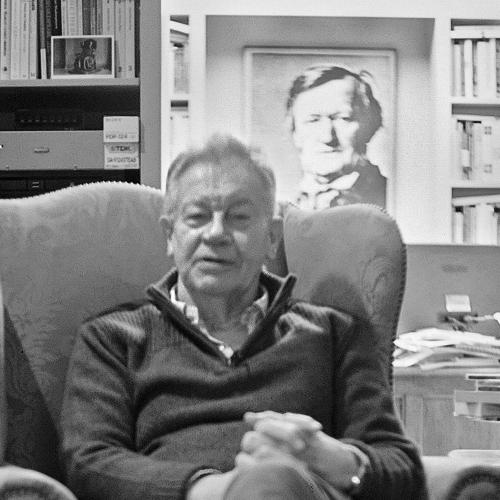COMPOSERS: Verdi
LABELS: Royal Opera House Heritage Series
ALBUM TITLE: Verdi
WORKS: Un ballo in maschera
PERFORMER: Amy Shuard, Jon Vickers, Ettore Bastianini, Regina Resnik, Joan Carlyle, Michael Langdon, Victor Godfrey; Covent Garden Opera Chorus & Orchestra/Edward Downes
CATALOGUE NO: ROHS 009
This new batch of performances from the Royal Opera House’s archives all fully deserve their place in what is becoming a distinguished series. Each set is smartly packaged, including photographs from the production and full notes, as well as the complete text in the original and in English translation. From 1962 there comes a performance of particular interest, one which wasn’t broadcast but which the Earl of Harewood had taped in the theatre. The resulting sound favours the orchestra, though there are some tape drop-outs and the loss of a whole minute at one point; and someone with a slight cough was closer than she should have been to the microphone. However, the performance of Verdi’s Un ballo in maschera is so involving that you will soon overlook those minor hazards. Most interesting is the casting of Jon Vickers as Gustavo III, a role he didn’t sing often but to which he brings his usual intensity and sense of unease. Indeed, his characterisation of the doomed king is odd but powerful; some listeners will find his account riveting even when it is unwieldy; others will think he sounds mad, but that’s how it is with Vickers. The under-recorded Amy Shuard (this is the only complete opera set in which she features) is a passionate Amelia, and the cast throughout is impressive, though Ettore Bastianini, the involuntary villain, does less with his voice than he should. Edward Downes proves himself to be a suitably fiery, urgent Verdian. In her last year on the operatic stage, Janet Baker sang the magnificent title role in Gluck’s Alceste, with the scholarly but ardent Charles Mackerras conducting. The result is electrifying, as Gluck well performed always is (as is still so rarely the case). Robert Tear is the husband for whom she is happy to die, and the British stalwarts who make up the rest of the cast show what a fine ensemble it was. Baker is, as always, dignified, grand, commanding, and expert at communicating a grief which you know she will overcome. This is a most fitting tribute to her particular gifts. The last performances in 1997 before the Royal Opera House closed for rebuilding were of Die Meistersinger von Nürnberg, and although there are some flaws, this emerges in my opinion as the best recording of the work for the last 40 years. Haitink is at his best here, and the Prelude to Act III is played with heartbreaking inwardness, though the Prelude to Act I is less convincingly festive than it might be. John Tomlinson is a slightly rough Hans Sachs, but he hardly tires and his heart is in every note. Gösta Winbergh was the finest Walther to be heard there for many decades, with a voice both dark and romantic, and the Eva of Nancy Gustavson responds rapturously to him. The principals all sing the best-balanced Quintet you will hear on any recording – quite a feat for a live occasion. And once again the all-round standard of the soloists, and the splendour of the chorus and orchestra make this a most exhilarating, moving set. It was the perfect note on which to end that period in the House’s history: more than any other opera, Meistersinger requires dedicated team-work from a huge cast, at least six of whom need to be of star quality. That is what we get here, and so to pick holes in the face of such massive achievement would be petty and irrelevant. Michael Tanner
